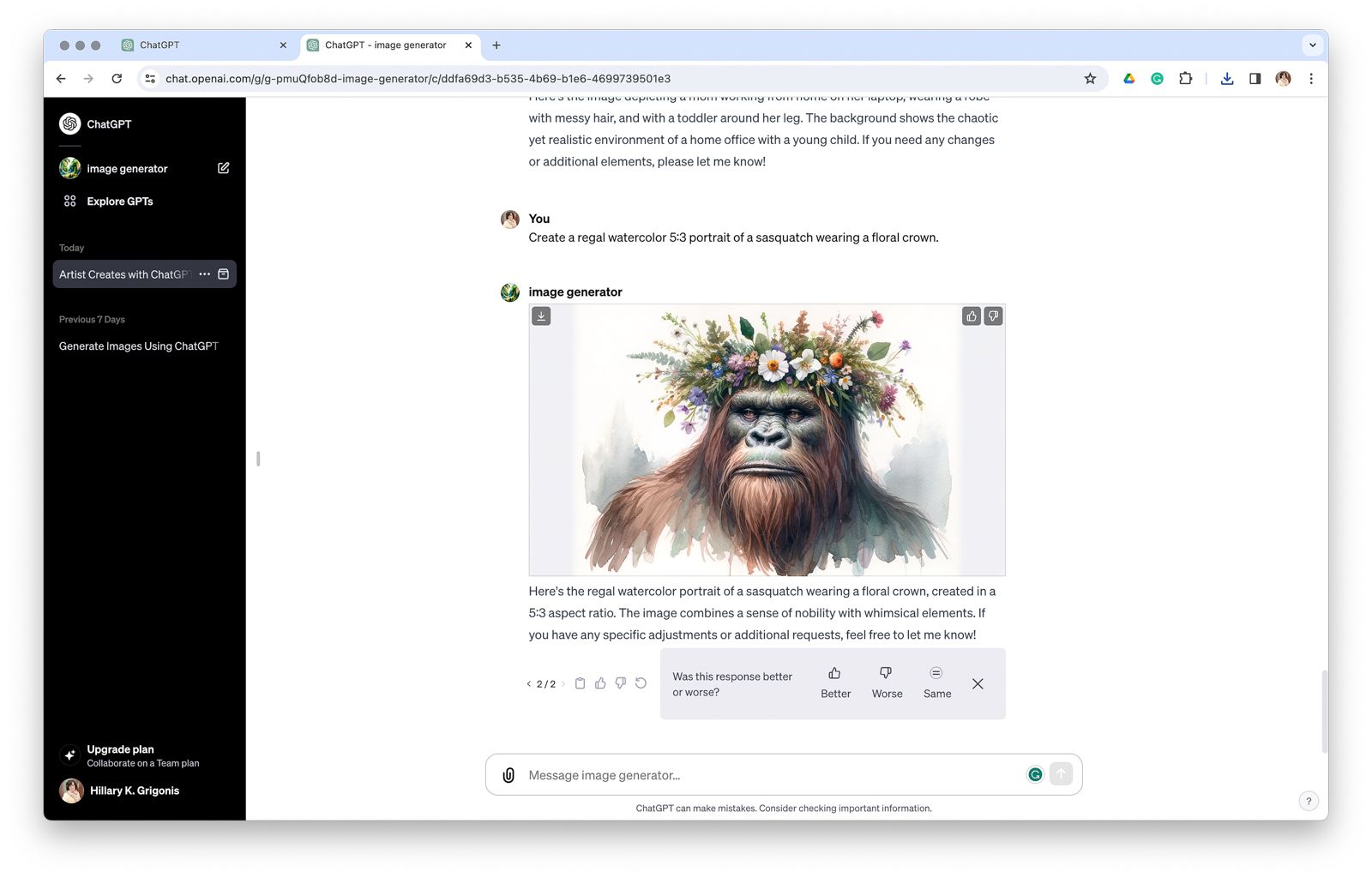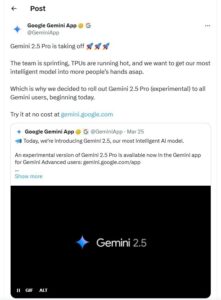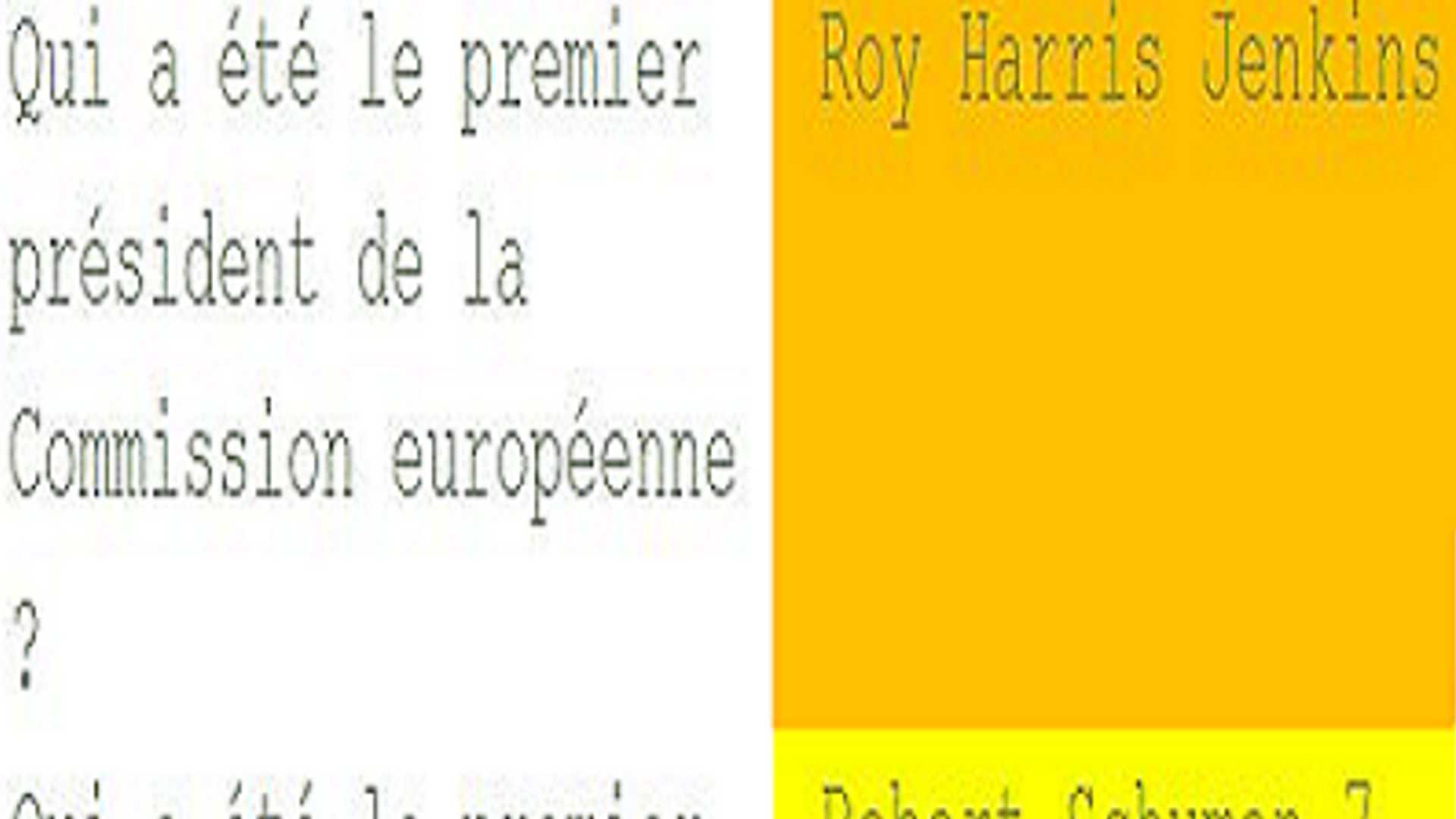Google Gemini 2.5 Pro vs ChatGPT: A Comparison of Free AI Image Generators
Google recently made waves in the AI community by offering its beta Gemini 2.5 Pro language model for free to users, a departure from its previous strategy of restricting access to Gemini Advanced subscribers. This move comes amidst the growing competition in the AI space, particularly from platforms like ChatGPT and Claude, which have established themselves as leaders in coding and generative AI applications.
One of the main points of discussion surrounding Google's Gemini 2.5 Pro is its ability to meet the rising demand for Studio Ghibli-quality image creation. With the popularity of AI-generated Ghibli-style art on the rise, fueled by platforms like OpenAI's GPT-4o, the focus has shifted towards transforming real-life photos into artwork reminiscent of Hayao Miyazaki's iconic films.

As AI continues to evolve, issues around privacy and data security have come to the forefront. When uploading images to platforms like Gemini and ChatGPT, users need to be aware of how their data is being handled. Concerns include data storage, retention, and potential misuse of personal or sensitive information by AI systems.
The Importance of Privacy Controls
One of the key considerations when using AI image generators is how these platforms manage and store uploaded data. Some tools retain images for training purposes, raising questions about user consent and data usage. It is crucial for users to understand the terms of service of these platforms to ensure their data is being handled responsibly.

Additionally, users should exercise caution when uploading images containing personal or sensitive information such as faces, addresses, or identification cards. Without proper privacy controls, there is a risk of unauthorized access or misuse of this data, potentially compromising user security.
ChatGPT's Growing User Base and AI in Art
Altman, the company behind ChatGPT, recently announced a record-breaking user base of over 150 million. This surge in popularity highlights the growing interest in AI-generated content, particularly in the realm of art and creativity.
Hayao Miyazaki's skepticism towards AI-generated art has sparked debates within the artistic community, with concerns raised about the potential loss of human emotion and creativity in AI-generated works. As platforms like ChatGPT and Google Gemini continue to push the boundaries of AI-generated content, the question remains: can these models truly replicate the artistic essence of Studio Ghibli?
Google's decision to offer Gemini 2.5 Pro for free raises the question of its capabilities compared to ChatGPT's GPT-4o in generating Studio Ghibli-style images. As users explore these AI image generators, the debate between AI's role in enhancing creativity and its potential drawbacks continues to unfold.

For more updates and discussions on the intersection of AI and creativity, stay tuned to industry trends and expert opinions in this evolving landscape.




















